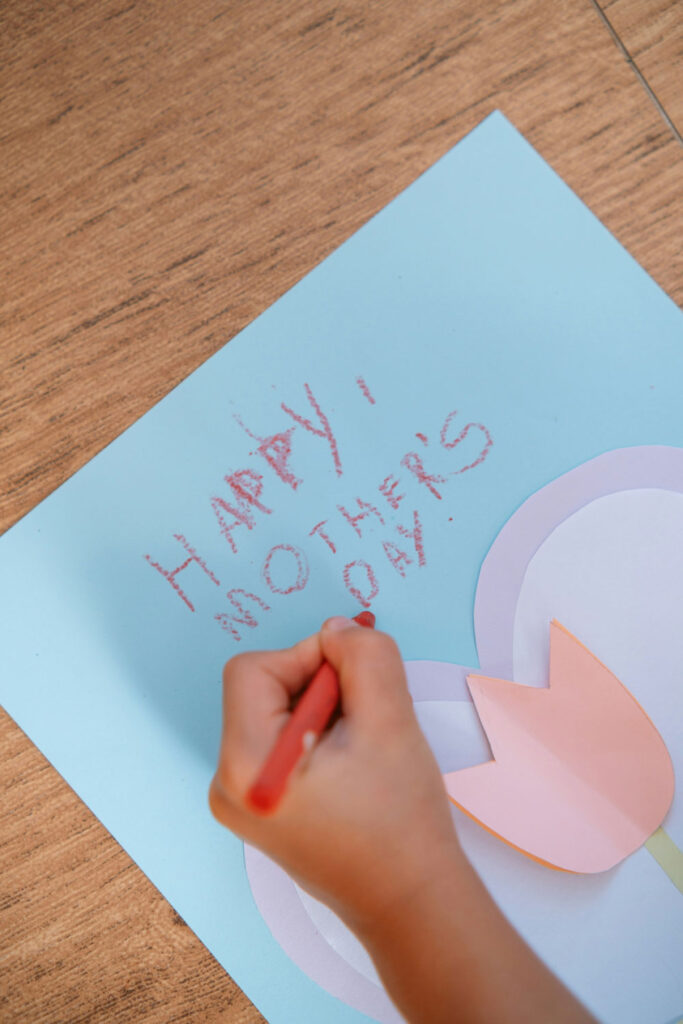SALINAS, CA — This month, we celebrated Mother’s Day in both Mexico and the United States. So it seems an appropriate time to pay our respects to someone who is often our first caretaker.
Our mothers had plenty of advice — consejos — for their children. And usually, they were right. All we needed to do was listen.
For instance, when we were little. our mothers made sure we went to the dentist and to the doctor for regular checkups. They wanted to make sure that we were in good health. They must have believed in the wisdom behind the saying: “An ounce of prevention is worth a pound of cure.”
Unfortunately, when much of your clientele is made up of immigrant farm workers, prevention can be hard to come by. The people who come to our clinics for health care work long hours. and many find it nearly impossible to take time off from work. That means a visit to the doctor often has to take place on one of the few days they have off.
Also, some people might put off a visit to a doctor’s office because they’re afraid to hear bad news. That’s human nature. Others might be better at taking care of their children than they are themselves. That’s more like Mexican nature.
But this phenomenon isn’t limited to one community. All across the United States, there appears to be an epidemic of foregone or delayed care — especially among the young. who may see themselves as invincible.
According to a recent survey by Aflac, the health care insurance company, a lot of Americans seem to be doing a lot of stalling. The “Wellness Matters Survey” — which was based on a national. sample of 2,000 employed adults ages 18-65 — found that nearly go% of respondents have delayed getting a checkup or routine preventive screening.
Looking at the generations, Millennials (ages 28 to 43) are the most likely to skip preventive tests and procedures with 62% reporting that they have missed or put off appointments. But so-called Generation Z (ages 12 to 27) is right behind with 61% saying that they have skipped preventive screenings.
According to the survey, when people explained why they hadn’t accessed preventive care, answers varied. They mentioned everything from the embarrassment they felt when seeing a doctor or dislike of the caregiver to a fear of getting bad news or concern that the wait time would be too long.
Latinos do have one thing going for them: They can be persuaded by family and friends to get a preventive screening. A full 86% of Hispanic women said the urging of a loved one pushed them to undergo a procedure or take a test. For Latino women, the figure was 83%. We can assume that when Latinos are pushed to get screened or tested, a lot of the pushing is being done by their children.
Wouldn’t that be interesting? If you don’t listen to your mom, one day, you might wind up listening to your kids. Maximilian° Cuevas, MD is the CEO of Clinica de Salud del Valle de Salinas, a collective of non-profit community health care centers that serve patients in Monterey County

